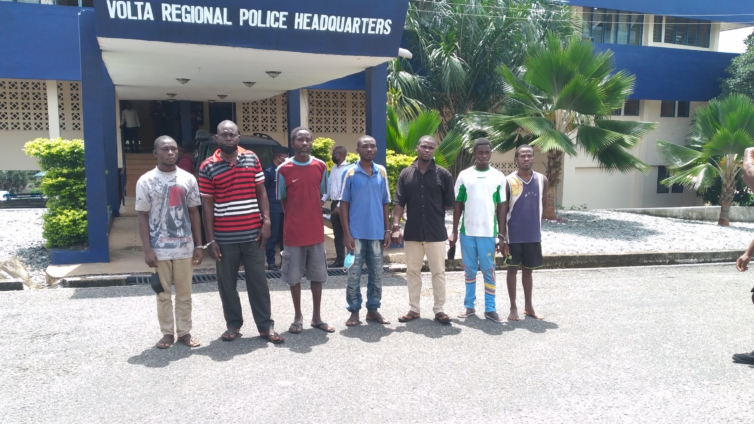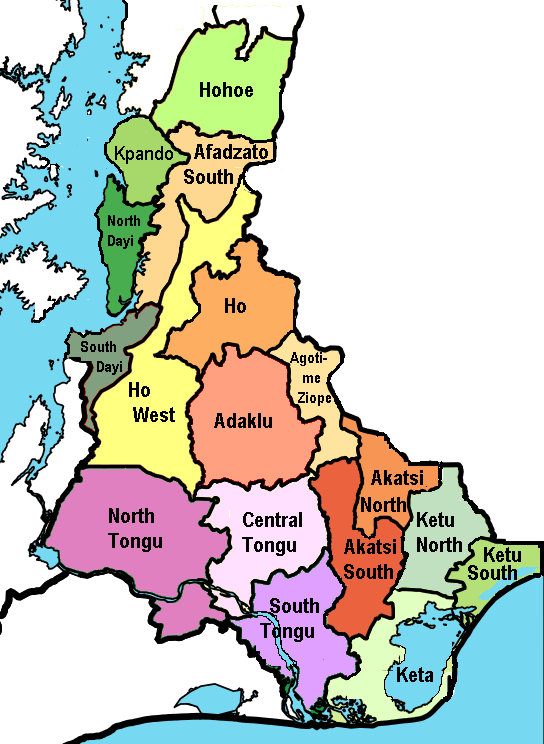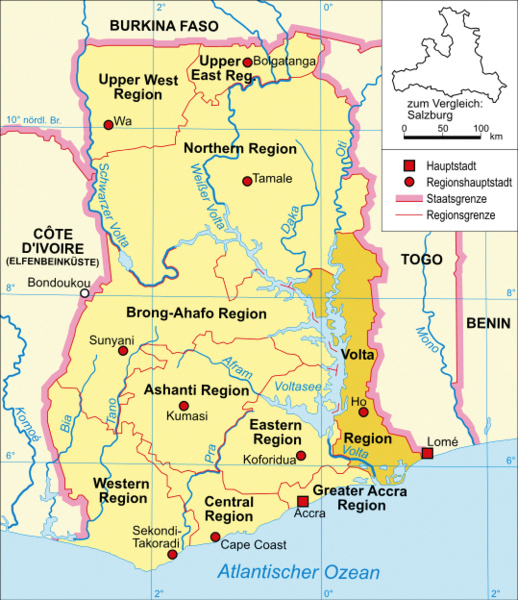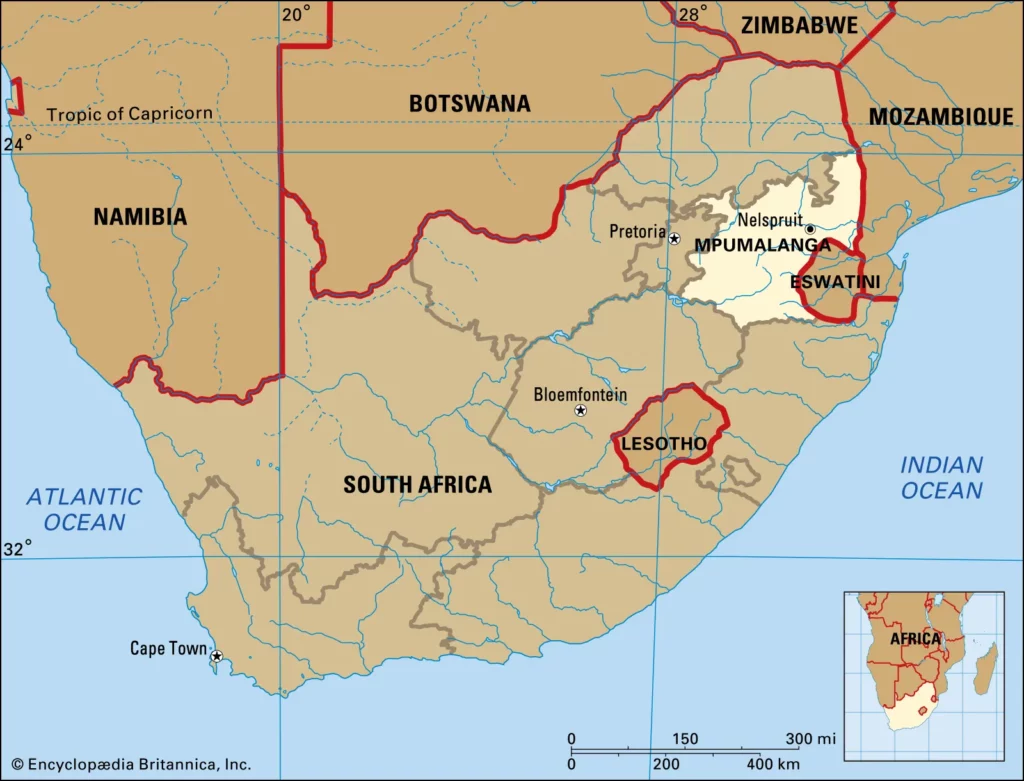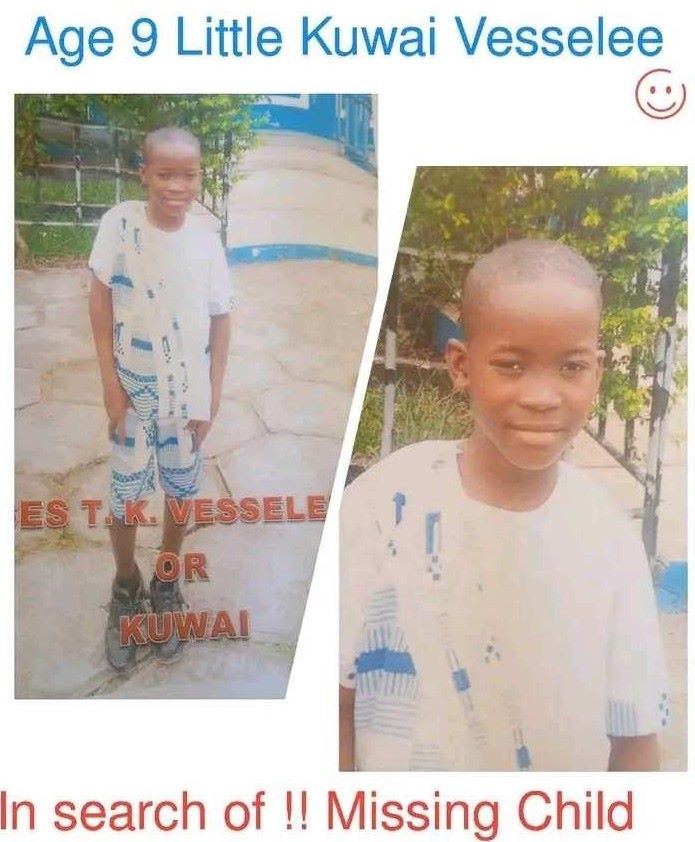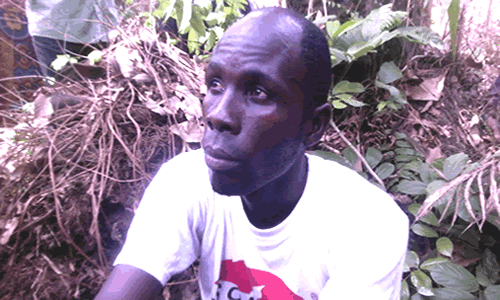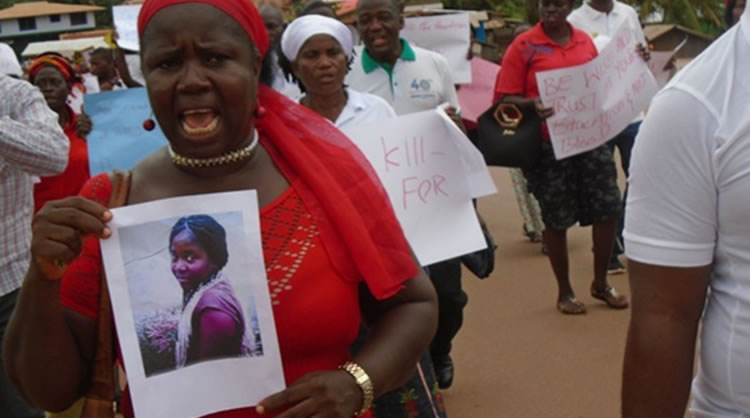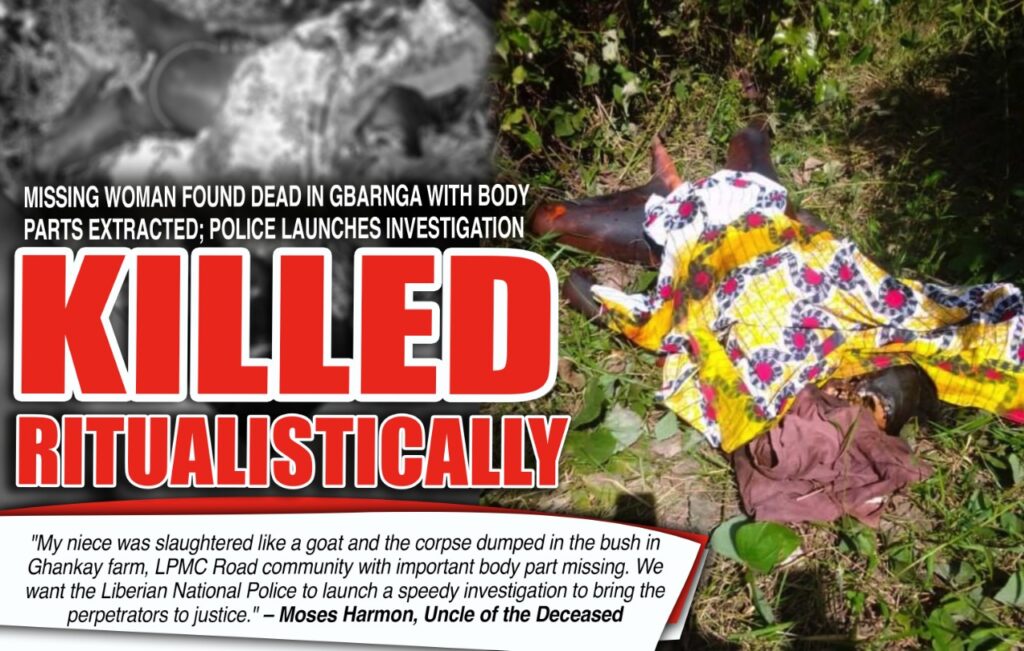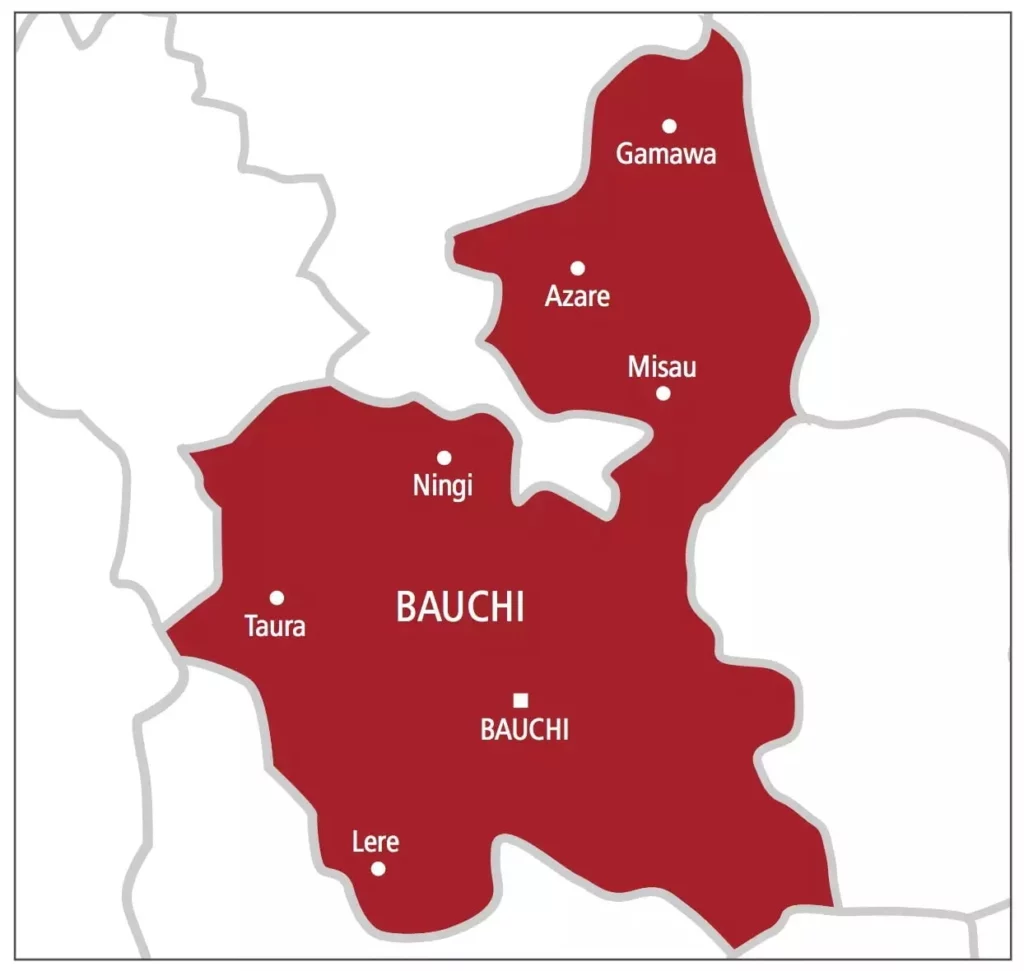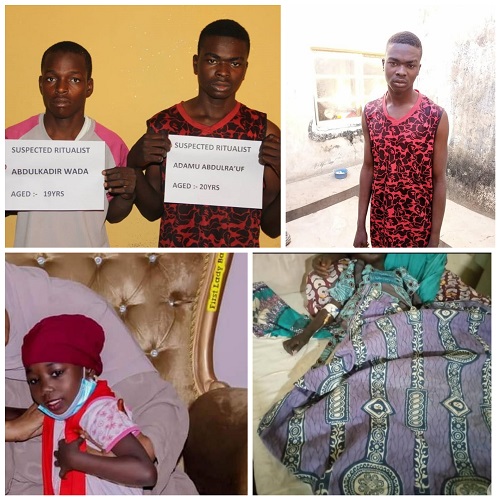Zambia’s Eastern Province is notoriously known for its ritualistic murders. Allegedly, the country’s Eastern Province records the highest number of ritualistic murder cases.
I’ve posted earlier on the plight of people with albinism in Zambia and the attacks on and murder of innocent people in this remote province of Zambia. In 2019, within a short period of time, two murder cases were reported. In March the following year, another gruesome murder was committed in the Eastern Province. In Chipata, the mutilated body of the albino victim was discovered with tongue, eyes and arms missing. The Executive Director of the National Albinism Initiative Network of Zambia, Ruth Zulu, deplored the stigmatization, discrimination and murder of people and published a plea for a legal framework to address this nationwide problem. In vain. The murders continued as the article below painfully demonstrates.
Katerina Mildnerova, a Czech social and cultural anthropologist, and Antonio Costa, an independent photojournalist originally from Mozambique, are to be commended for their initiative.
Read more about their cry for help and protection of people living with albinism in Zambia below.
(FVDK)

The plight of people with albinism in Zambia – a cry for protection and assistance

Published: May 10, 2024
By: Znesnáze – Olomouc / Organizer: Nadační fond pomoci
In the middle of the night, there was a pounding on the door. “Open up, Zambian police!” I see four masked men. They broke into the house where I was sleeping with my children. They pointed guns at me and threatened me, “If you scream, we’ll kill you.” Two of them dragged me behind the house and held a gun to my head. Then I heard a terrible scream. “Mommy, mommy, they chopped my sister’s arm!” My son sobbed with tears. At that moment, those two men threw me to the ground and started to run away. I came into the room and saw my daughter in a pool of blood…”
The brutal attack on little Jemimah took place in June 2021 in the Northern Province of Zambia. The two-year-old girl lost her right arm, which was chopped off by unknown attackers with a machete. This case has not yet been investigated by the Zambian police and none of the attackers have been persecuted and sentenced. Jamimah lives with other children with albinism in an orphanage in the capital Lusaka. In the same year two other nine-year-old boys were ritually attacked and mutilated. One lost his right arm, the other his fingers.
These stories are just some of the many we encountered during our research in 2023.
Since 2015, Zambia has faced an increasing number of abductions, mutilations and ritual killings of people with albinism, in most cases defenceless children. Their body parts are used for making magical objects that are supposed to provide their owners with wealth, power or prestige. While these murders are most often committed by family members of the victims while still in Zambia, body parts are smuggled through organised crime networks into neighbouring countries – Malawi, Tanzania and Mozambique. The largest number of ritual killings of albinos occur in the Eastern Province, the poorest region of Zambia. The victims of the attacks, if they manage to escape, continue to live in permanent fear for their lives, as the perpetrators are not prosecuted in the vast majority of cases. After an attack, children are placed in state orphanages, where they receive temporary protection, they are removed from their natural family environment and have to cut off contact with their parents and siblings.
In addition to the threat to their safety, people with albinism face enormous health risks due to the lack of medication and protective equipment. Skin and eye cancer is the most common cause of their premature deaths. Albinos in Zambia live to an average age of only 40 years, 22 years less than the national average.
Most affected families live at or below the extreme poverty line. They cannot afford to provide education for their children because safety and health care must understandably take priority. Families lack the means to afford school supplies, school uniforms or even just the dioptric glasses necessary for reading and writing at school. Yet education is the ticket to a better future, without the daily fear for one’s survival. In Zambia, there is a belief that a child with albinism is the result of infidelity and the source of a family curse, which unfortunately often leads to the mother and child being abandoned by the father and the wider family. A single mother‘s status is inevitably linked to a life of poverty and it is very difficult for her to break this vicious cycle.
FUNDRAISING
Fundraising is ongoing via the crowdfunding platform Znesnaze21 from May to September 2024. It is aimed at purchasing direct material assistance for the most vulnerable families living below the extreme poverty line in the Eastern Province of Zambia (single mothers, children, victims of ritual attacks). The purchase and transportation of the material aid will be arranged by the organizer of the fundraiser in collaboration with the Butterfly Foundation of Zambia – a non-profit organization that has assisted the most adversely affected families with albinism in the Eastern Province of Zambia since 2017.
Our assistance targets three main areas:
Security. Ensuring the protection of homes – security locks on doors, window bars and fencing
Health. Prevention of skin cancer – sunscreen factor 50+, sunglasses, hats
Education. Basic school supplies – notebooks, stationery, uniforms and dioptric glasses
ABOUT THE BORN DIFFERENT PROJECT
Born Different is a project by the Czech anthropologist Katerina Mildnerova and the Mozambican photojournalist Antonio Cossa under the auspices of Palacky University in Olomouc. It is based on the creative linking of art and science, cultural anthropology and photography and draws on a series of team fieldworks in Zambia and Benin (2023-2024). It includes a travelling photographic exhibition, lectures and forthcoming popular science book.
Our primary aim is to raise public awareness about injustice, discrimination and human rights violations against people with albinism in Africa, particularly in Zambia. We want to stimulate a discussion about protecting the lives and rights of people with albinism in order to stop the violence and ritual killings that happen every day and which do not receive adequate attention. We are also endeavouring to help to improve their extremely difficult living conditions through public charitable fundraising efforts.
For more information, visit our website at www.borndifferent.upol.cz
(available from 17. 5. 2024)
ABOUT THE ORGANIZER
Katerina Mildnerova is Czech social and cultural anthropologist specializing in sub-Saharan Africa. She holds a PhD in ethnology from the University of West Bohemia in Pilsen. Since 2015 she has been working as a researcher and assistant professor at the Department of Sociology, Andragogy and Cultural Anthropology at Palacky University Olomouc. Since 2019 she is the president of the Czech Association of African Studies. She has conducted dozens of field researches in Zambia, Benin and Namibia and has lectured at several universities in Africa and Europe. She specializes in religious anthropology and medical anthropology. She is the author of dozens of academic articles and book chapters and five monographs of her own. She is co-author of the documentary film Black Czechs (2022) and founder of non-governmental organization Association for Support of Namibian Czechs. She is currently working on the project Born different with Antonio Cossa.
ANTONIO COSSA
An independent photojournalist originally from Mozambique, based in Prague. He has worked as a documentary photographer since 2004, collaborating with institutions such as the British Council and UNICEF. He has had a rich professional career focusing on war, refugee crisis and social issues. His work specializes in war conflicts in the Middle East and Africa, the refugee crisis on the Greek-Turkish border, documenting the situation of the Rohingya in Bangladesh and the pro-democracy protests in Hong Kong. Since the beginning of the war in Ukraine, he has been officially accredited by the Ukrainian Ministry of Defence as a war photojournalist. In recent years he has also photographed climate refugees in Mozambique after Cyclone Idai. His latest project focuses on albino survivors of ritual attacks in Zambia. He is also a portrait photographer and has photographed many of the world’s most famous people, including Nelson Mandela, the Dalai Lama, Vaclav Havel,
His portfolio includes dozens of exhibitions around the world, lectures and workshops for students and the general public. Antonio Cossa is also a founder of the non-governmental organization Frontline Care whose main objective is to support victims of climate change and war refugees.
Source: ASSISTANCE TO PEOPLE WITH ALBINISM IN ZAMBIA!









